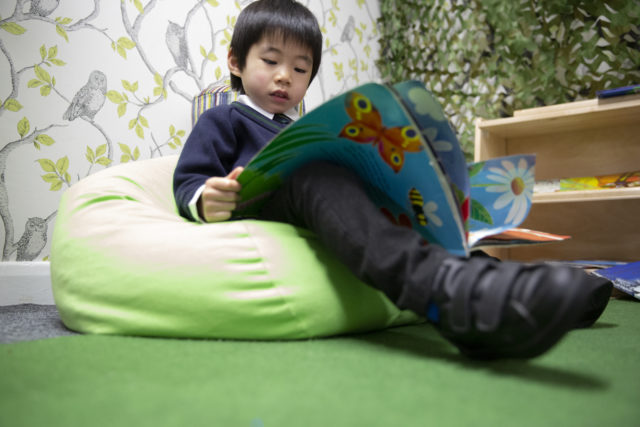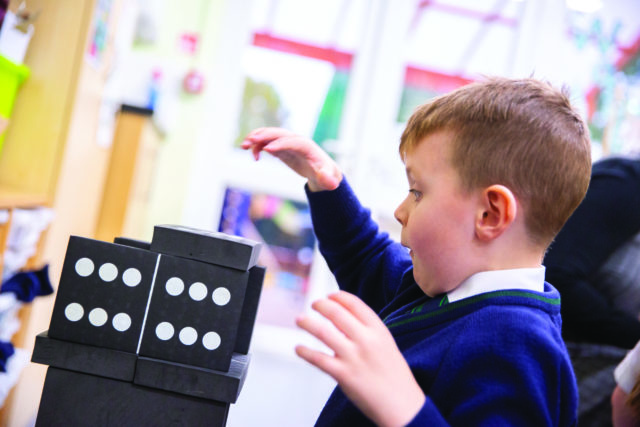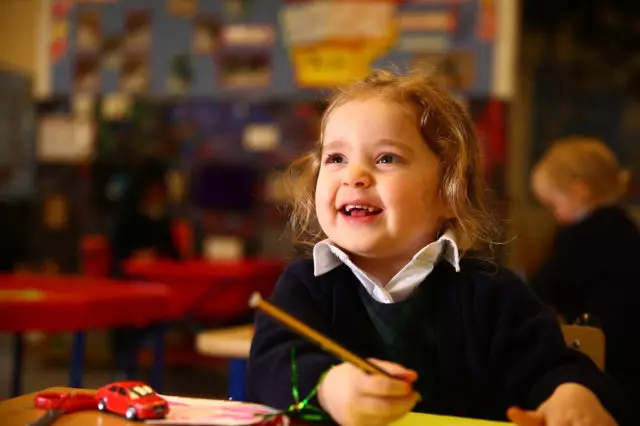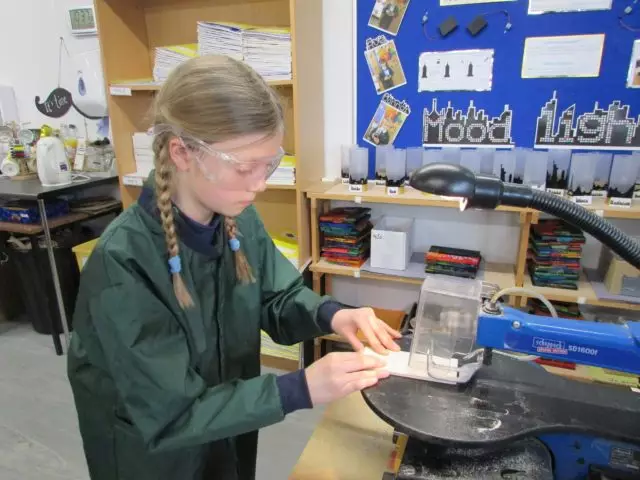
How much sleep should my child have?
Below are the approximate hours of sleep needed for different age groups, according to the NHS.
- Babies 4 to 12 months old: 12 to 16 hours (including naps)
- Toddlers 1 to 2 years old: 11 to 14 hours (including naps)
- Children 3 to 5 years old: 10 to 13 hours (including naps)
- Children 6 to 12 years old: 9 to 12 hours
- Teenagers 13 to 18 years old: 8 to 10 hours
Routine
Establishing a regular sleep pattern programmes your brain and body clock to follow a set routine. Aim to put your child to bed and wake them at the same time each day. A bedtime routine will help your child to wind down, a critical stage in preparing for sleep. Some effective relaxation ideas include:
- A warm bath or shower
- Helping your child get their things ready for the next day
- Exercises to relax the muscles (e.g. yoga stretches) Vigorous exercise for an hour or more during the day will aid sleep at night, but such exercise within two hours of bedtime has the opposite effect!
- Breathing exercises
- Reading, independently or with parents
- Listening to an audiobook
- Sharing stories from earlier in the day
- Enjoying a milky drink before bed
- Listening to soothing sounds (e.g. ocean waves)
- Dimmed lights (these encourage your child’s body to produce the sleep hormone ‘melatonin’)
There is no single routine that works for every child, but a bedtime routine should take no longer than 30 minutes and consistency is essential.
Environment
The right environment is vital for good sleep. Your child’s bedroom should be dark, quiet and tidy, with an optimum temperature between 16C and 22C. A night light can provide comfort to some children but avoid any that are too bright. Any sleepwear should be loose-fitting and allow movement.
Homeopathic ideas that promote sleep include a few drops of lavender oil on the pillow or using sleep crystals.
A screen curfew
Electronic devices should be kept out of the bedroom and ideally not used within an hour of bedtime. Mobile devices, televisions and tablets emit a blue light that suppresses melatonin. Children may be particularly sensitive to this light. Screen time also stimulates the brain, making it harder to wind down.
Difficulties sleeping
Some children experience nightmares and night terrors, which can cause parents to worry but most children grow out of these without any lasting effects.
Night terrors differ from nightmares. During a night terror, a child may scream and thrash around, not recognising people around them. Although they may seem awake, they are not and will have no memory of it the next morning.
If terrors occur at regular times, waking your child fifteen minutes before one is due and toileting them may break the cycle. If the issue does not resolve after seven days or the frequency increases, you may wish to discuss the matter with your GP. Further information can be found here on the NHS website.
–
Learn more about the nurturing care and first-class education provided at The Elms at our Whole School Open Morning on Saturday 6th March. Book your place by contacting The Elms’ Admissions Manager on 0115 849 49 40 or elmsadmissions@trentcollege.net.





